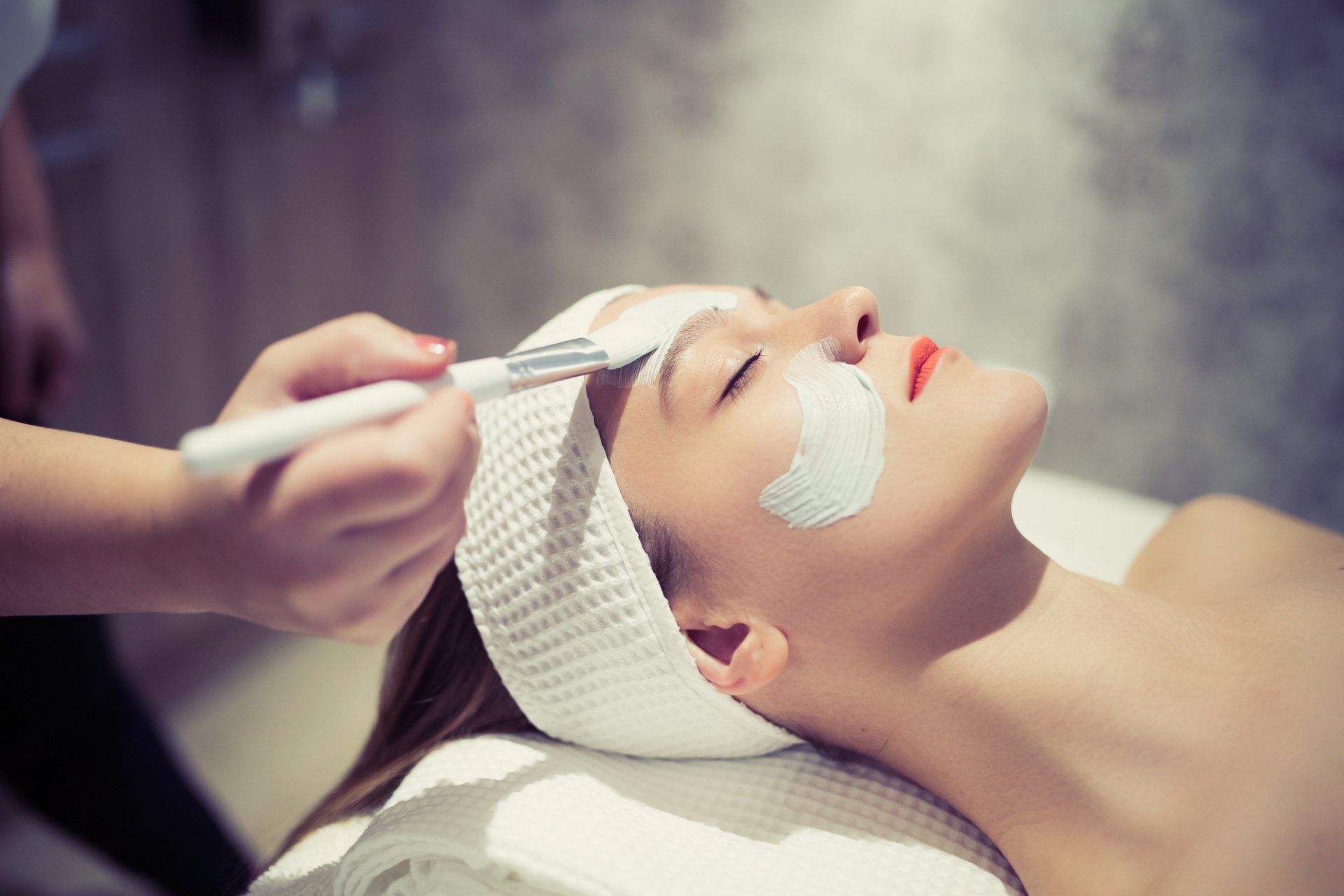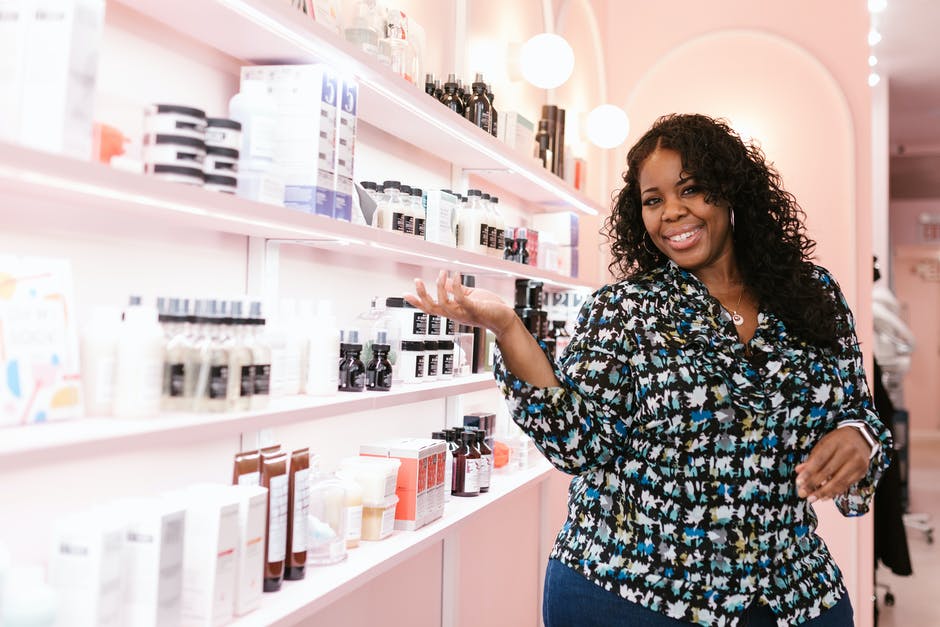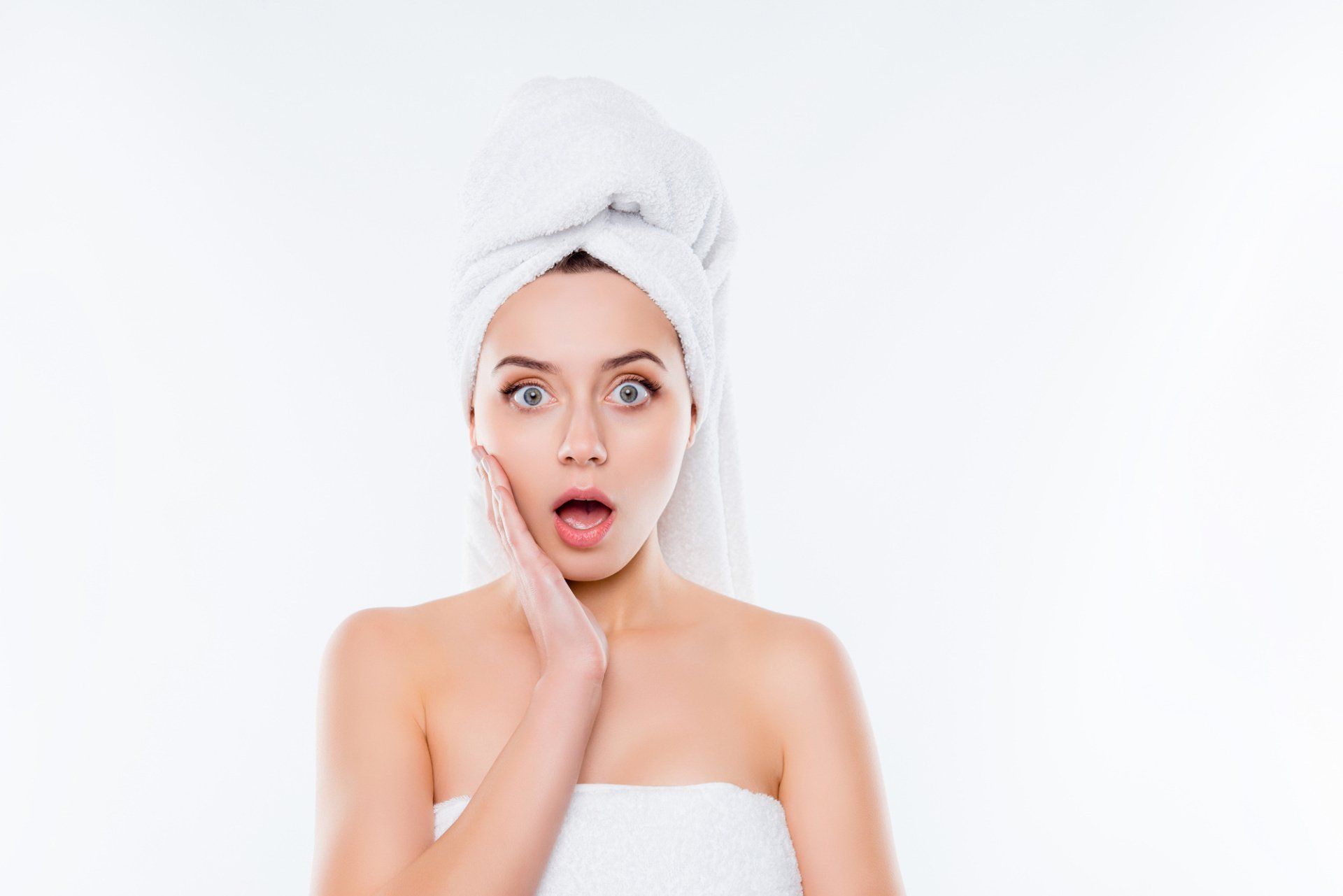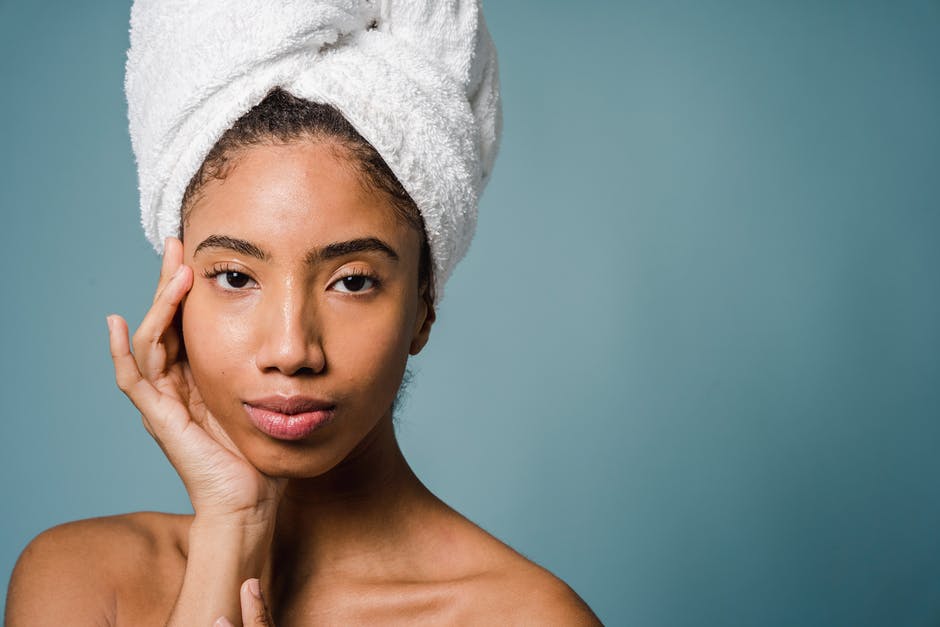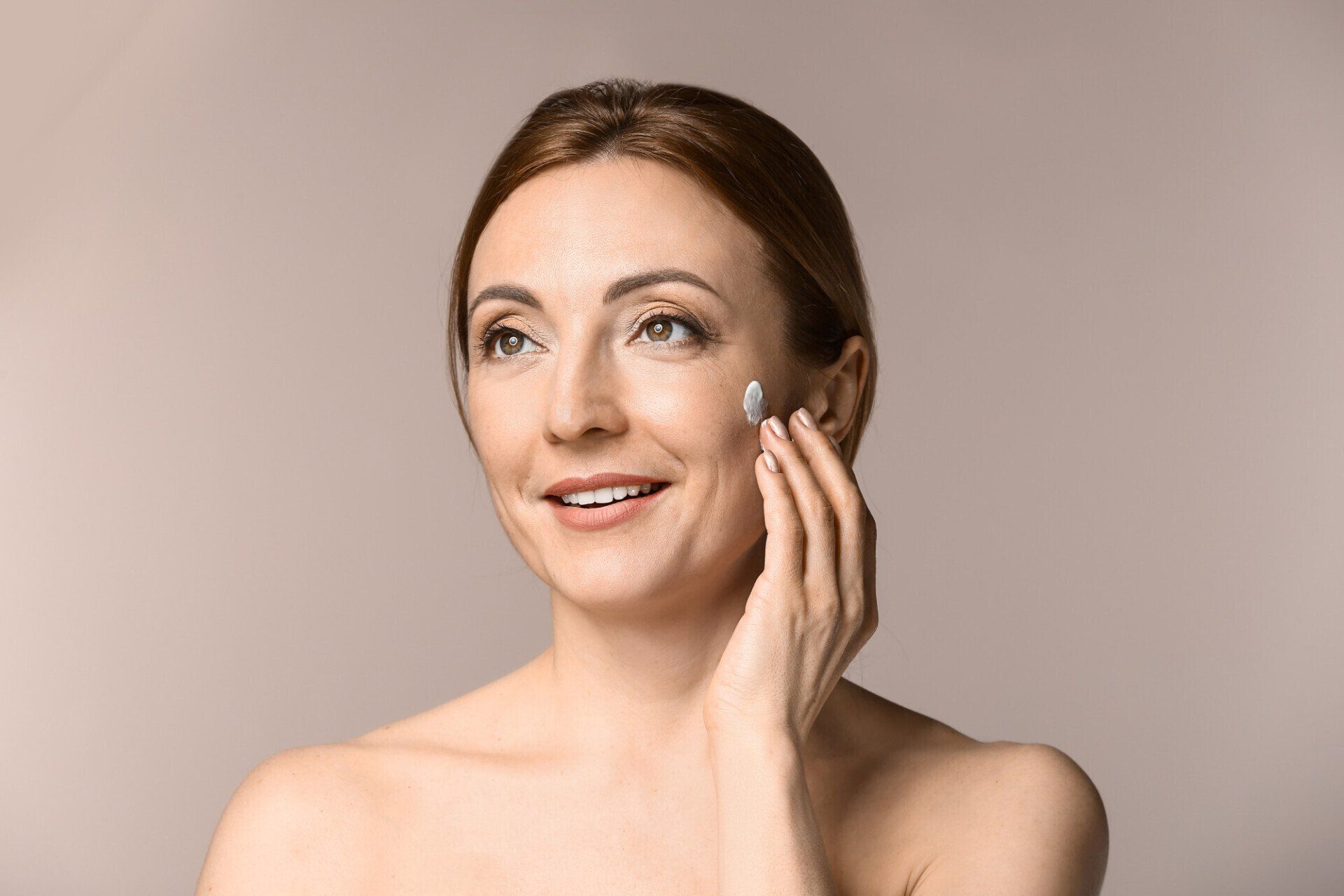
What to Know Before Using Vegan Skincare Products for the First Time
Are you interested in trying vegan skincare products? Before you do, learn the basics for first-time users! Make the transition to vegan products easy!
Do you know that the global vegan cosmetics market is worth $24.79 billion?
If you've ever considered making the switch and trying vegan products, now is the best time. With more brands offering vegan skincare products, it won’t break your bank!
Building a new vegan skincare routine can be as involved as you want it to be. However, there are a few steps that you need to know before you use vegan-friendly products.
Read on to learn everything there is to know so that you can start with your new vegan skincare journey.
What Is Vegan Skincare?
Vegan skincare products are products that don’t contain any animal products, animal by-products, or animal-derived ingredients. This extends not only to the ingredients but also to the formulation and manufacturing processes.
Many non-vegan skincare products contain ingredients such as keratin, collagen, lanoline, elastin, carmine, tallow, pearl, silk, and animal-derived glycerin as well as milk-derivatives.
What Products Are Vegan
The easiest way to check if products are vegan is to read the label. Vegan skincare products are labeled ‘vegan’ or ‘vegan-friendly’ or ‘100% vegan’.
Unfortunately, the industry is not regulated. Many companies claimed that their products are vegan but do not have the certification.
Companies that are truly vegan do use the certification to be transparent and to be able to review the product. If the company does not manufacture the product, the only way to ensure the ingredients are vegan is to have appropriate certification.
In addition, vegan certification can reduce the risk of any legal action arising.
It is important to remember that some brands may call their products 'vegan friendly' or even 'vegetarian friendly' but they may contain animal by-products.
The biggest discrepancy is around bee products such as beeswax, honey, or propolis. Those products are sourced from bees, but because bees are not harmed in the process, many brands will use them.
However, the vegan society and vegan certifying organizations follow strict rules. And products from bees are considered non-vegan. Therefore, if you find any bee products in your lip balm, you are not using vegan makeup.
It is always beneficial to read the ingredients of any products to make sure that you are buying vegan.
What Products Are Not Vegan
If this is your first time using vegan skincare products, it may be a little bit confusing what products are vegan, and what aren’t.
Some of the most common non-vegan products used in commercial skincare are:
- Lanolin – Made from sheep’s wool, it is used to moisturize your skin. A vegan alternative can be a plant-based oil such as olive oil, or nut butter such as coconut or shea
- Beeswax – Derived from bees, it keeps the liquid mixture together. A vegan alternative is a plant-based wax such as carnauba or soy
- Stearic Acid – Derived from cow’s or pig’s stomach, it is an emulsifier. A vegan alternative is a plant-based stearic acid
- Oleic Acid – Made from animal fat, it is a softener. A vegan alternative is a plant-based fat such as coconut or olive
- Casein – Made from cow’s milk, it is a conditioning treatment. A vegan alternative is a plant-based milk
- Squalene – Made from shark’s liver, it is used in anti-aging cosmetics. A vegan alternative is plant-derived oils from olives or wheat germ
Some products have always been made with the use of animal products. Glycerin, collagen, and elastin are the most common examples.
Glycerin comes from animal fat, but it can be swapped for vegetable glycerin instead. Collagen is a protein made from animal tissue, bone, or skin. And elastin is a protein made from animal muscles, ligaments, and aortas.
Recently, plant-based collagen and elastin have been created thanks to science and new technology. You can now find vegan collagen and PETA-approved elastin.
Are Vegan Skincare Products Also Cruelty-Free?
Another distinction between vegan products and non-vegan products is that vegan products could be cruelty-free. Cruelty-free means that products were produced without animal testing.
The confusion is that a product can be vegan, but it does not necessarily mean that it is also cruelty-free by default. Vegan skincare may not have any animal products or animal by-products included. However, the brand may still do animal testing.
If this is the case, then the product is not cruelty-free. Also, cruelty-free products are not necessarily vegan either. For example, cruelty-free brands may use beeswax in their products. But because beeswax is a non-vegan ingredient, the product itself is not vegan.
Therefore, vegan and cruelty-free products are not the same.
If you are truly going vegan, read the labels and check if the brand is cruelty-free as well as if the ingredients are plant-derived.
Are Vegan Skincare Products Better?
There are a lot of health benefits of using vegan skincare products. Although vegan skincare products do not necessarily mean they are organic, many are.
If you care for the animals, vegan products will have a big appeal to you. By using vegan and cruelty-free products, you ensure that there was no harm done to the animals by making the products. In addition, if you use a cruelty-free product that is also vegan, you help to stop animal testing.
The main ingredients of vegan skincare products are plants, nut oils and nut butters, as well as seeds. Vegan ingredients are safe to use on the skin and contain antioxidants and vitamins. Because your skin absorbs everything you put on it, it is vital that you use natural ingredients.
There is also less risk of you having a sensitivity to a natural product as opposed to a synthetic. Many vegan brands don’t use harsh chemicals, additives, or preservatives. Those can cause rash and irritate your skin.
Plant-based ingredients usually have a shorter shelf life, which is why often vegan skincare products are locally made. You can support your local business and enjoy the health benefits of your new vegan products.
Vegan brands could be better for the environment.
Animal agriculture uses a lot of energy, and it is one of the biggest contributors to greenhouse gases, such as carbon dioxide or methane emissions.
Vegan Skincare and Sustainability
It is important to look for sustainable products when you update your skincare routine. Because vegan products use only plant-based ingredients, there may be some pressure on where the ingredients come from.
The biggest controversy is around palm oil and deforestation, endangerment of plants such as Australian sandalwood, and repurposing of ingredients.
Sustainability is a complex concept, and it is not limited to vegan products. Luckily, there are more and more brands that support sustainable palm oil plantations, or source less endangered plants.
How to Build Your Vegan Skincare Routine
Building a new vegan skincare routine can be a lot of fun. Start with familiarizing yourself with what ingredients are vegan and what are non-vegan. It is your personal choice, but if you are thinking about going vegan all the way, remember that animal by-products are non-vegan.
Look for the logo that the cosmetic is truly vegan. The Vegan Society is one of the accrediting organizations and the logo is easy to recognize.
To make it even easier on yourself, stick to brands that are 100% vegan and cruelty-free. A true vegan brand will offer only vegan products. While some non-vegan brands may have a line of products that are vegan, it doesn't necessarily means that they are also cruelty-free.
It is always good to read reviews of a specific product or ask for recommendations.
Always read labels, and ask yourself this question: do I understand the ingredients? Some ingredients, especially flowers, may be listed by their botanical names. However, most of the ingredients you will know, such as coconut, olive oil, or aloe vera.
You can shop for vegan skincare products in your local area, but you can buy vegan products anywhere. There are also a lot of 100% vegan boutiques that sell their products online.
When you are just starting out, it is best to stick with the basics and build your skincare products step by step. This way, you can test if you like the product, and you can ensure you don’t have an allergic reaction.
You can start with getting vegan moisturizer, vegan cleanser, and vegan makeup remover. If you are happy with the products, extend your skincare routine by adding a vegan toner, serum, or eye cream. Next upgrade your vegan makeup kit by adding vegan eye shadows, lipsticks, and vegan mascara.
Get Started With Your Vegan Skincare Routine
Now you know how to select vegan skincare products to start your vegan skincare journey.
Your skin as well as the environment will thank you for it. So, what are you waiting for? Shop with us your new vegan products today.
